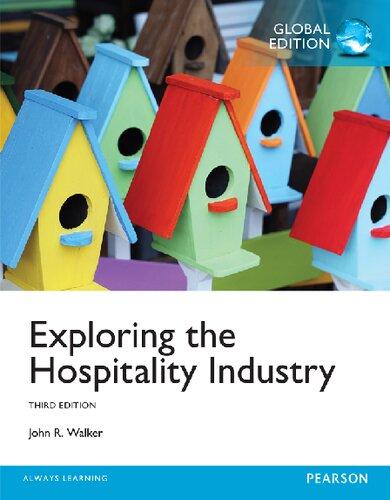Question
ANSWER USING THE FOUR-PART ANSWER MODEL With its highly coveted line of consumer electronics, Apple has a cult following among loyal consumers. During the 2014
ANSWER USING THE FOUR-PART ANSWER MODEL
With its highly coveted line of consumer electronics, Apple has a cult following among loyal consumers. During the 2014 holiday season, 74.5 million iPhones were sold. Demand like this meant that Apple was in line to make over $52 billion in profits in 2015, the largest annual profit ever generated from a companys operations. Despite its consistent financial performance year over year, Apples robust profit margin hides a more complicated set of business ethics. Similar to many products sold in the U.S., Apple does not manufacture most its goods domestically. Most of the component sourcing and factory production is done overseas in conditions that critics have argued are dangerous to workers and harmful to the environment.
For example, tin is a major component in Apples products and much of it is sourced in Indonesia. Although there are mines that source tin ethically, there are also many that do not. One study found workersmany of them childrenworking in unsafe conditions, digging tin out by hand in mines prone to landslides that could bury workers alive. About 70% of the tin used in electronic devices such as smartphones and tablets comes from these more dangerous, small-scale mines. An investigation by the BBC revealed how perilous these working conditions can be. In interviews with miners, a 12-year-old working at the bottom of a 70-foot cliff of sand said: I worry about landslides. The earth slipping from up there to the bottom. It could happen.
Apple defends its practices by saying it only has so much control over monitoring and regulating its component sources. The company justifies its sourcing practices by saying that it is a complex process, with tens of thousands of miners selling tin, many of them through middle-men. In a statement to the BBC, Apple said the simplest course of action would be for Apple to unilaterally refuse any tin from Indonesian mines. That would be easy for us to do and would certainly shield us from criticism. But that would also be the lazy and cowardly path, since it would do nothing to improve the situation. We have chosen to stay engaged and attempt to drive changes on the ground.
In an effort for greater transparency, Apple has released annual reports detailing their work with suppliers and labour practices. While more recent investigations have shown some improvements to suppliers working conditions, Apple continues to face criticism as consumer demand for iPhones and other products continues to grow.
Given that demand for Apple products seems to be impervious to public concerns about the companys supply chains, there is no strong business case for improving working conditions for Indonesian miners. In spite of this, does Apple have a moral obligation to push for improved labour standards in these mines? Justify your answer.
Note: another view of the question -- Should Apple only do as much as it needs to for the sake of profit, or does it have an obligation to try and improve working conditions even if consumers do not seem to care?
Answer with the Four-part answer model 1.State your answer concerning what should happen or what is the right policy in the first sentence. Do not use terms like I believe or in my opinion. 2. Give your reason(s) in defence of your answer, including the principle you think is most important. 3. State an opposing argument and the principle involved. 4. Explain what is wrong with the opposing argument
Step by Step Solution
There are 3 Steps involved in it
Step: 1

Get Instant Access to Expert-Tailored Solutions
See step-by-step solutions with expert insights and AI powered tools for academic success
Step: 2

Step: 3

Ace Your Homework with AI
Get the answers you need in no time with our AI-driven, step-by-step assistance
Get Started


